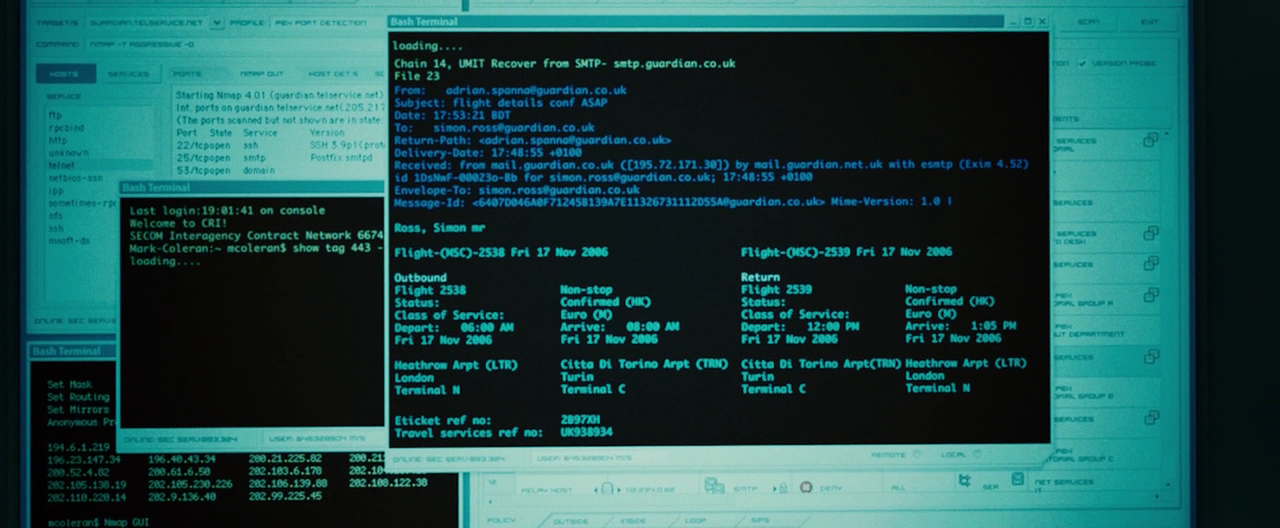Just in the last few days we modified curl to enable the SO_KEEPALIVE option on connections it creates. It basically means that curl will now detect connections that are idle after a certain amount of time, even if that time is something around two hours by default and that’s what most systems will have it set to.
The main problem that caused us to finally enable this (you can still disable this by using –no-keep-alive) is when people do (long-lasting) FTP transfers and they use a NAT, firewall or router that detects and removes what it considers are idle connections. An FTP transfer is using two connections, but the control one where the commands are sent over is completely quiet while the actual data transfer is in progress so when the transfer is done, the control connection has been nuked by the router/NAT. Of course curl survives this as good as possible, but it can’t do proper error-checking etc in this situation.
Funnily, there’s no really good fix for the FTP situation since the two hours SO_KEEPALIVE timeout will many times be too long to help (although most modern systems allows you to change the timeout or a system or application level), but the other “obvious” fix is to send a “NOOP” command on the control channel every once in a while during the transfer. But no, that doesn’t work fine either on most servers since it seems the servers often don’t listen on the control connection during the transfer, so all we’d get is curl sending commands that won’t be replied to until the end of the transfer, and thus it will end up causing problems.
Note: curl sets this option. libcurl still doesn’t, so if you want your app to set the option you can use the same CURLOPT_SOCKOPTFUNCTION callback that curl uses. This requires libcurl 7.16.0 or later.
 So, remember that you can always find a suitable curl web mirror at
So, remember that you can always find a suitable curl web mirror at 

